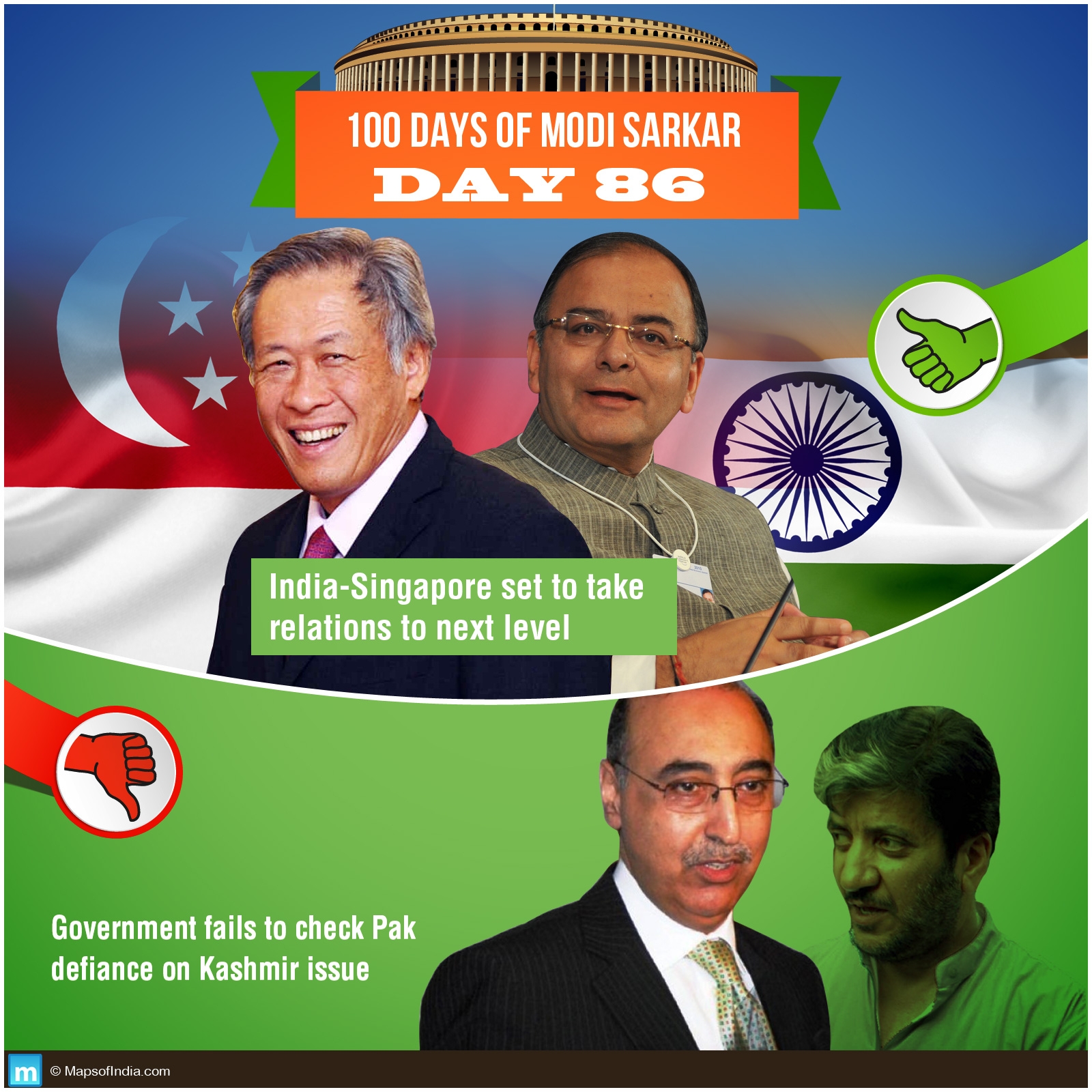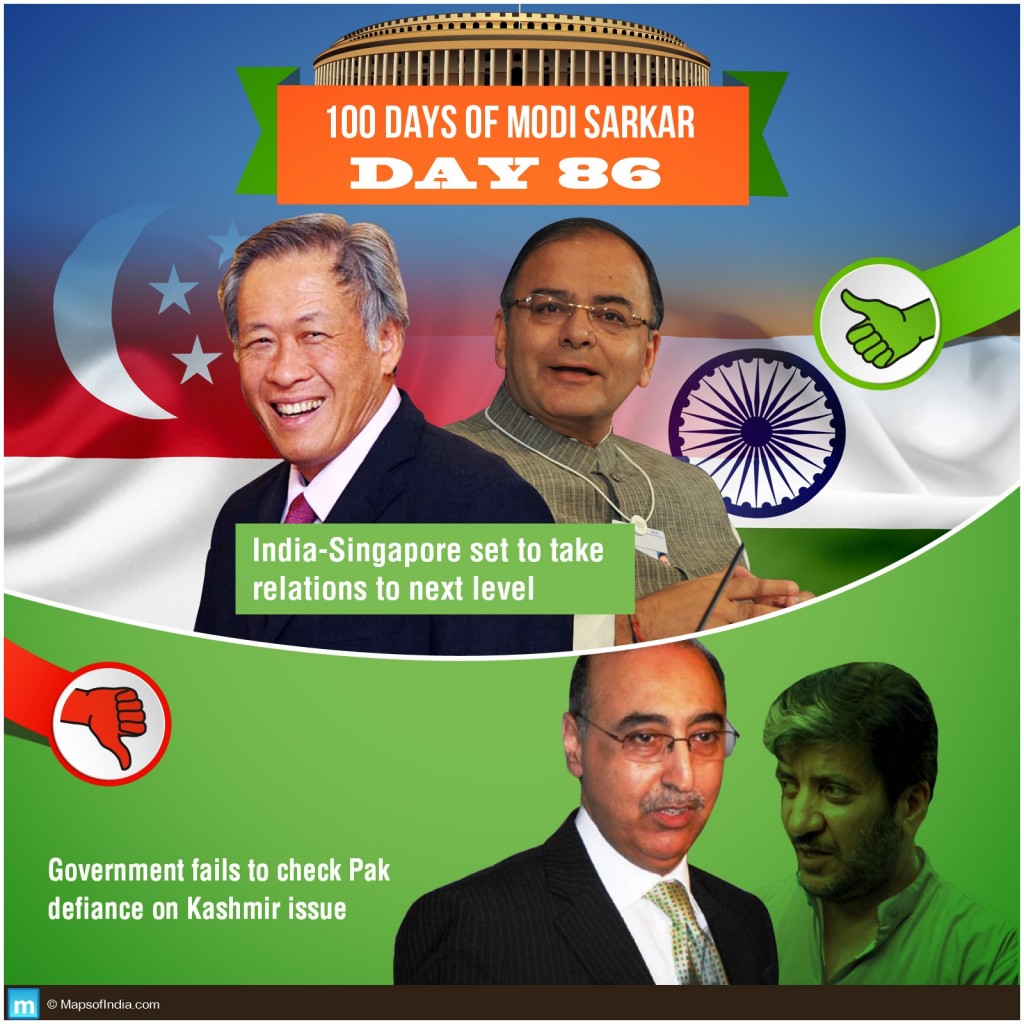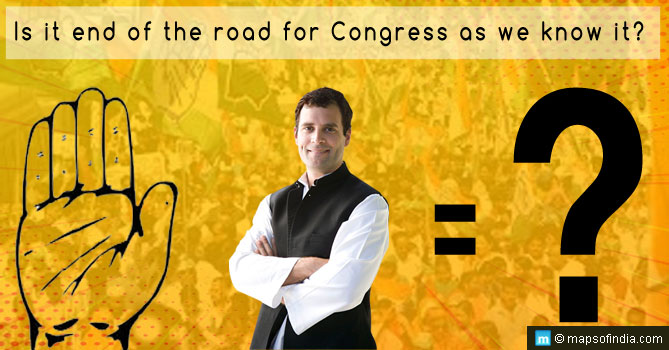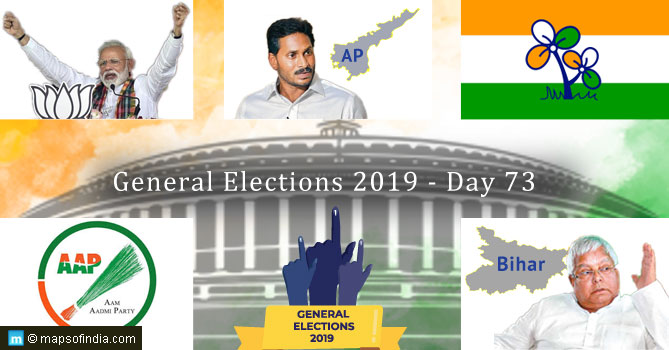2014 is the 50th year of diplomatic relations between India and Singapore and this time around both the countries are looking to take it to the next level. India has already asked for infrastructural assistance from Singapore and now Singapore has expressed willingness to partner India in defence.
Singapore assures support for regional security
Dr. Ng Eng Hen, minister for defence of Singapore, has stated that there are some important areas in defence where both the nations can collaborate. It is expected that the said partnership will further improve relations between both the countries and let them explore more areas where they can associate with each other.
Dr. Ng has stated that areas such as maritime security, which can be viewed as an international issue is one such domain.
He has also opined that both the countries have plenty to offer with regards to regional stability especially in areas such as South China Sea, Indian Ocean and Straits of Malacca. Dr. Ng also had a meeting with his Indian counterpart Arun Jaitley. It is believed that both of them have talked about how they can cooperate in defence at platforms such as ASEAN Defence Ministers’ Meeting – Plus or ADMM and Shangri-La Dialogue.
India and Singapore are also looking at cooperating in defence technology. The basic focus in this case is to look at areas where both the countries can benefit even if, as per Dr. Ng, Singapore is a small country that does not have a wealth of scalable assets.
As far as the cyber world is concerned, the defence minister feels that cyber threat is increasingly becoming a bigger issue and needs to be countered. In fact it has got all security and military forces trying to deal with it. At the meetings that both the countries have had on this issue, it has been established that sharing information is of crucial importance as far as tackling these threats went.
He has also praised the IT scene in India saying India is well-known globally for its capability in this domain. He has also added that Singapore has some expertise in this area and it would be mutually beneficial for both the countries if they came together on this issue.
Pak envoy defies Indian Govt, meets Kashmiri separatists again
India had on Monday cancelled its secretary-level talks with Pakistan scheduled for August 25 after its envoy, High Commissioner Abdul Basit here met Kashmiri separatist leader Shabir Shah despite India’s caution against such interference in the country’s internal affairs. Yet, further aggravating the situation, the envoy went ahead meeting more such people on Tuesday as well. Meanwhile, Pakistani media has condemned the said annulment of talks and the US has also termed it as being an unfortunate one. Three leaders of the Hurriyat Conference met the Pakistani envoy on Tuesday. India’s neighbour has stated that it is not supposed to bend to the will of India. It has also stated that it does not regard Kashmir to be a part of India, which could very well be read as an outrage of sorts.
The cancellation of the talks that were supposed to be organized on August 25 in Islamabad came as a complete surprise for many. Sujatha Singh, the foreign secretary of India, had asked Basit not to meet the separatist leaders but the request basically fell on deaf ears. Syed Ali Shah Geelani, the 84-year old hardline Hurriyat leader, had a rendezvous with Basit and spent almost a couple of hours at the Pakistan Mission in New Delhi. Following the meeting Geelani also stated that Kashmir was a critical concern and if the Kashmiris did not take part in the talks no proper solution could be arrived at.
Incidentally, this practice of Kashmiri separatist leaders meeting Pakistani officials has been in existence for almost a couple of decades now, which would indicate that this happened when NDA had formed its previous Union government under the aegis of Atal Bihari Vajpayee as well. As per Ayaz Akbar, the spokesman of Hurriyat, Basit had told Geelani that Kashmir, as an issue, had international recognition and that was something beyond change.
Yasin Malik, the supremo of Jammu and Kashmir Liberation Front, also met Basit. He was previously a militant himself. According to him it is more important for both countries to come to a resolution regarding the state as opposed to issues such as trade and commerce. He also cited how in the past Indian PMs had acted as facilitators for such meetings and questioned the logic of Modi administration’s reaction to the same. The government also faced criticism from Hurriyat chairman Mirwaiz Umar Farooq who stated that the government may have gone over the top with its reaction. He has stated that Kashmir is different from an economical crisis in the way that it is a political one.
It was expected that with the secretary-level talks India and Pakistan would finally be able to re-start the long-forsaken process of achieving peace but now with their cancellation the chances of that happening seem to be remote.
New Motor Vehicles Bill to curb corruption
The Union government is set to introduce the Motor Vehicles Amendment Bill in the next session of Parliament. The main aim behind introducing the Bill is to end corruption in the regional transport offices (RTOs). The Bill is being modeled on the laws existing in countries such as the US, Japan, Canada, Germany, the UK, and Singapore.
Nitin Gadkari, the Union road transport and highways minister, opines that the Bill will change the system radically by ending the corrupt practices. He has also stated that the present Motor Vehicles Act has become outdated. As per the proposals in the Bill, permits will be available on the net.
Economic indicators
| Indicators | Value | Rise/Fall |
| SENSEX | 26420.67 | 29.71 |
| NIFTY | 7897.50 | 23.25 |
| Rupee/Dollar | 60.68 | -0.08 |
| Gold | 28,250.00 | -45.00 |
| Silver | 42,259.00 | -408.00 |
| Crude oil | 5,674.00 | -63.00 |
Read More:
Two Years of Modi Sarkar
One Year of Modi Sarkar
Top Programmes Launched by Modi
Pradhan Mantri Yojana
Narendra Modi






